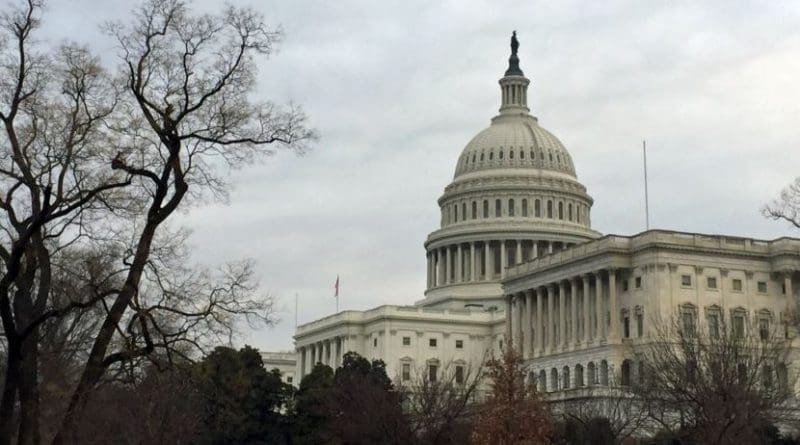Proportional Voting For The House Of Representatives? – OpEd
Many democracies elect their legislatures (or parliaments) through proportional voting. Parties submit a list of candidates for election, and voters vote for the party, not the candidate. Parties are represented in legislatures in proportion to their vote shares. A party that gets 40% of the votes gets 40% of the seats.
This contrasts with the plurality system used in the United States in which candidates run for seats and the candidate that gets the most votes wins. Perhaps we should change the method of electing representatives to the House of Representatives to adopt proportional voting.
Rather than having representatives run in individual districts, parties would put forward a slate of candidates in a national election, and people would vote for the party of their choice. Parties would be represented in proportion to their shares of the national vote.
Electing representatives in this way would recognize the explicitly partisan nature of politics. Often, voters vote for a representative because of the representative’s party affiliation. Voters tend to be better informed about a party’s political positions than an individual candidate’s, so voting by party would result in more informed voters.
Representatives typically vote their party lines when in Congress anyway, and proportional voting would explicitly recognize the partisan nature of politics.
Proportional voting at a national level would eliminate gerrymandering districts and would eliminate the incentive to produce special interest government programs targeted at individual Congressional districts.
Proportional voting would also encourage the formation of additional parties. Under the current system, a party that gets 20% of the votes gets nothing. Under proportional voting, a party that gets 20% of the votes gets 20% of the seats. No longer would people think that if they voted for minor parties, they would be wasting their votes.
I’ve explained this idea more thoroughly in a recent article in The Independent Review. If the idea sounds intriguing, read the article and leave a comment.
This article was published by The Beacon

